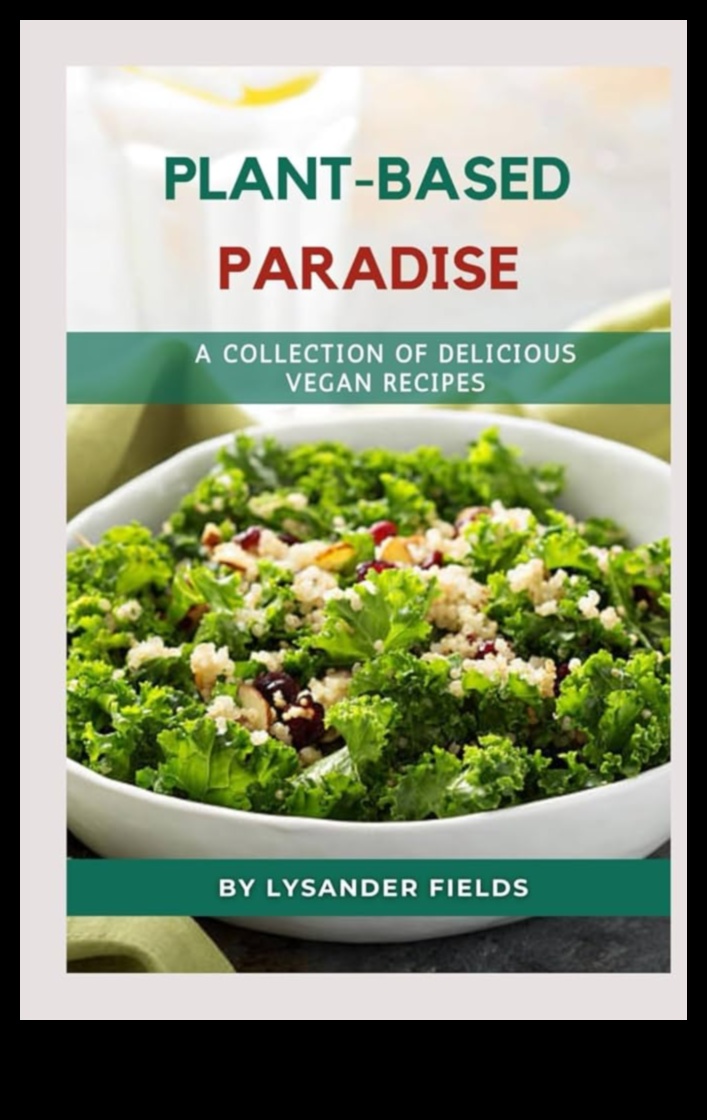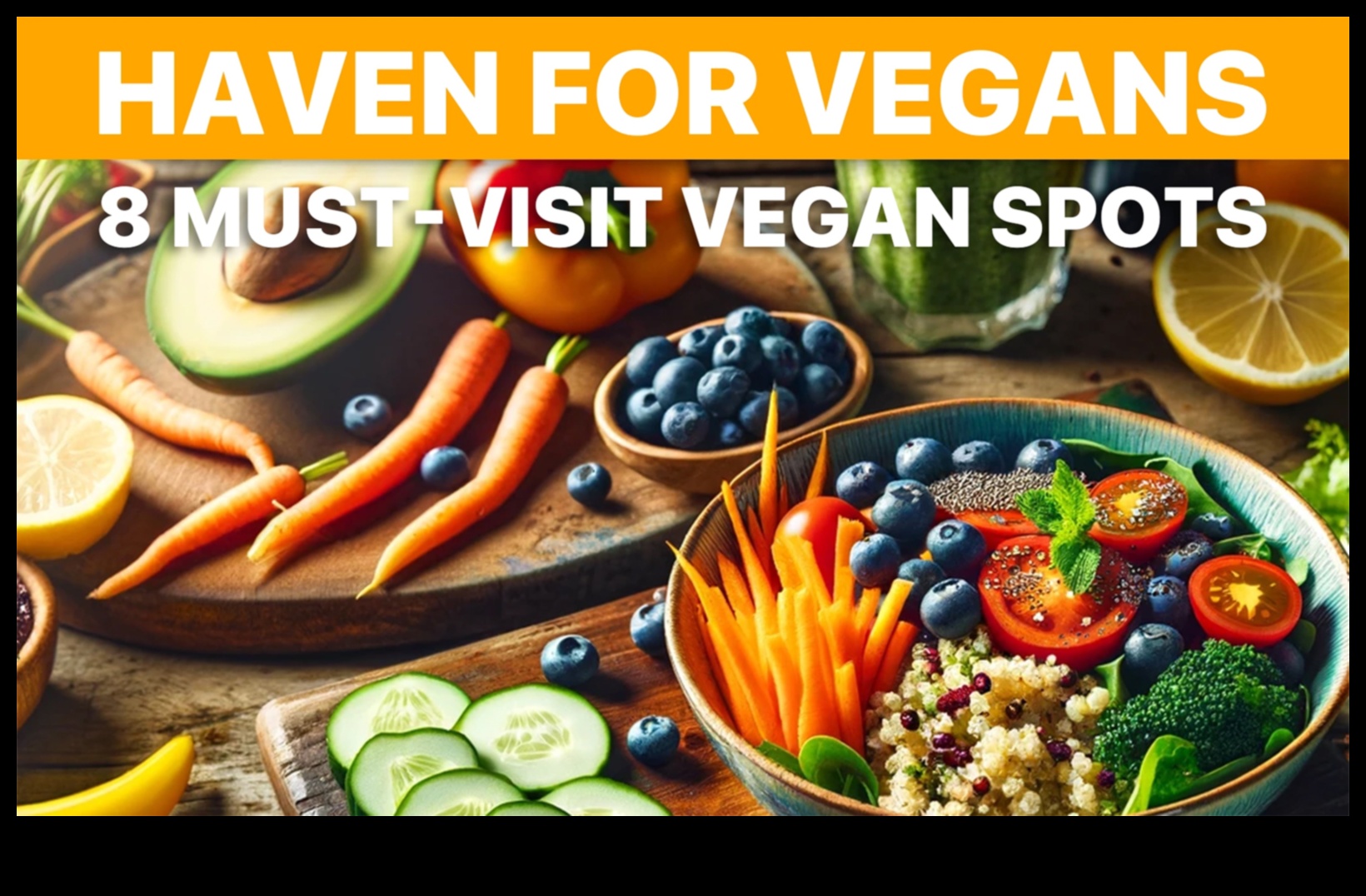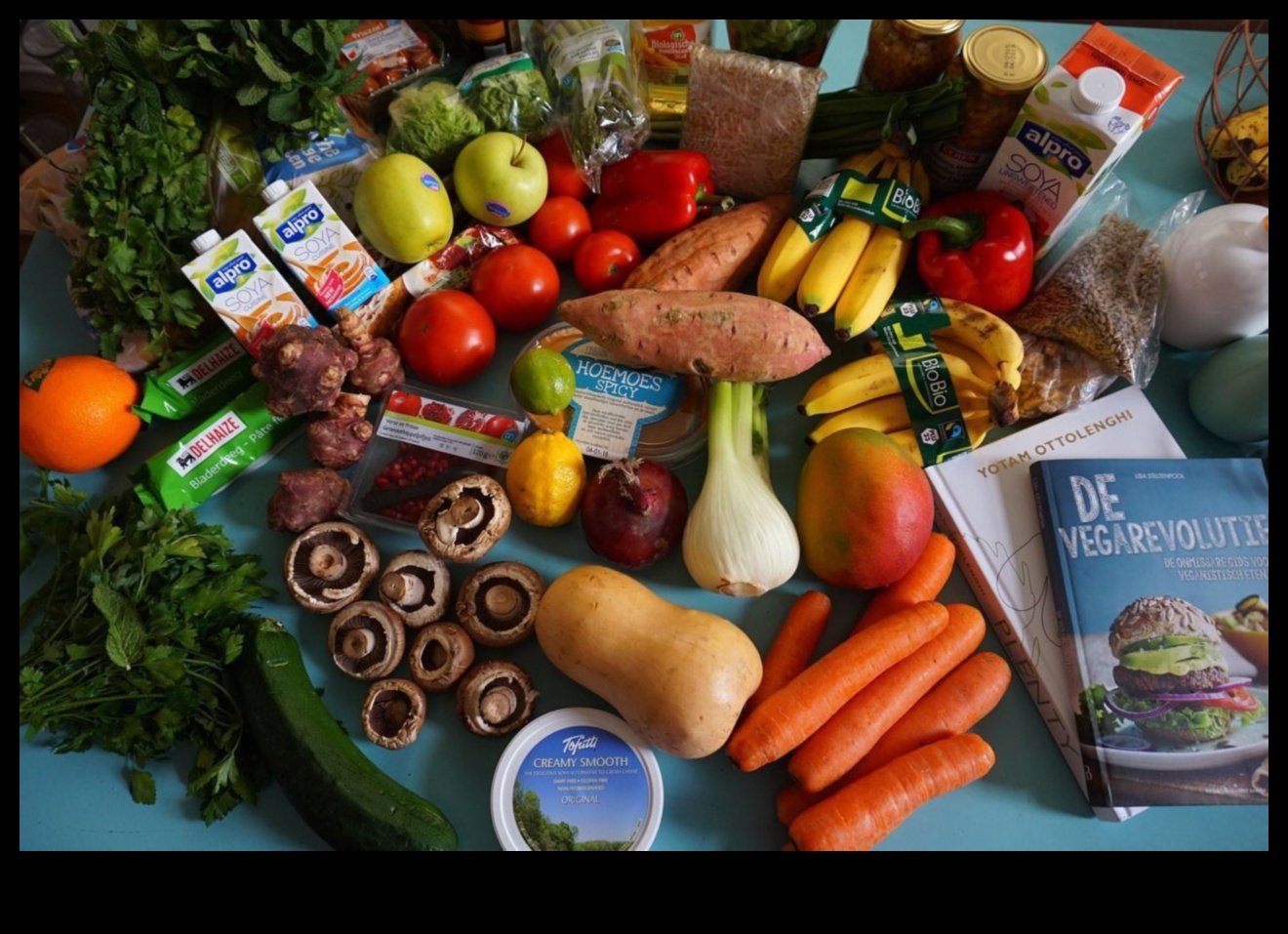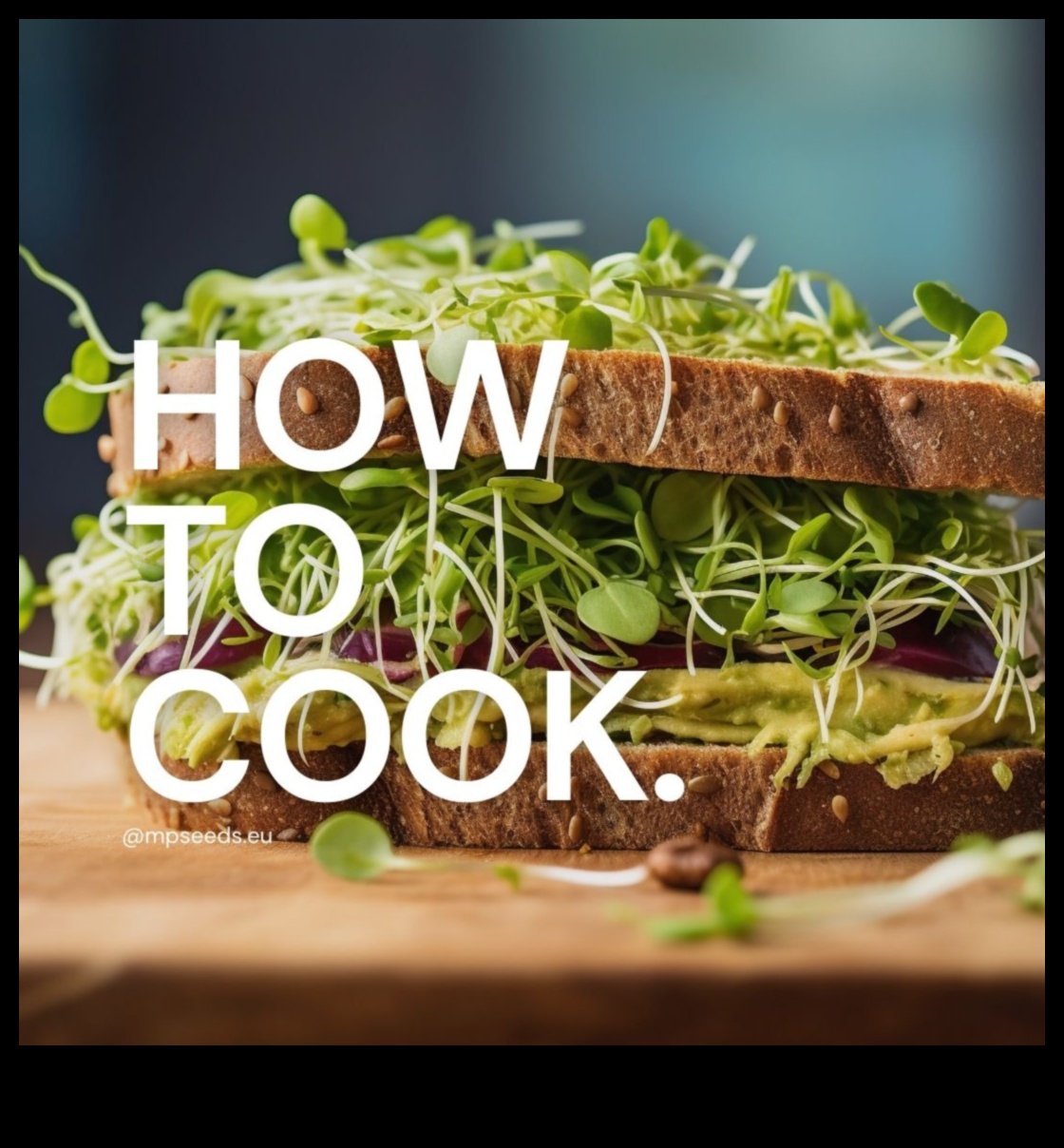
II. Benefits of Plant-Based Recipes
III. Types of Plant-Based Recipes
IV. How to Cook Plant-Based Recipes
V. Where to Find Plant-Based Recipes
VI. Popular Plant-Based Recipes
VII. Challenges of Eating a Plant-Based Diet
VIII. Tips for Making the Switch to a Plant-Based Diet
IX. Resources for Plant-Based Diets
Standard Questions
1. plant-based diet
2. plant-based cooking
3. vegan recipes
4. meatless meals
5. cruelty-free food
People searching for the keyword “Plant-Based Paradise: Culinary Wonders Beyond Animal Products” are likely looking for recipes and information about plant-based cooking. They may be interested in learning how to cook plant-based dishes, finding new and interesting recipes, or simply getting inspiration for their next plant-based meal.
This keyword could also be used by people who are looking for information about the health benefits of a plant-based diet. They may be interested in learning more about the nutritional value of plant-based foods, or how a plant-based diet can help them improve their health.
Finally, this keyword could also be used by people who are looking for resources and support for transitioning to a plant-based diet. They may be looking for recipes, tips, and advice from other people who have made the switch to a plant-based lifestyle.
| LSI Keywords | Answer |
|---|---|
| 1. plant-based diet | A plant-based diet is a diet that consists primarily of plants, such as fruits, vegetables, whole grains, and legumes. |
| 2. plant-based cooking | Plant-based cooking is the art of preparing food using only plant-based ingredients. |
| 3. vegan recipes | Vegan recipes are recipes that do not contain any animal products, such as meat, dairy, eggs, or honey. |
| 4. meatless meals | Meatless meals are meals that do not contain any meat. |
| 5. cruelty-free food | Cruelty-free food is food that has not been produced in a way that harms animals. |

II. Benefits of Plant-Based Recipes
Plant-based recipes offer a number of benefits over traditional meat-based recipes. These benefits include:
Improved health: Plant-based diets are associated with a number of health benefits, including reduced risk of heart disease, stroke, type 2 diabetes, and some types of cancer.
Environmental sustainability: Plant-based diets are more environmentally sustainable than meat-based diets. Producing meat requires a lot of resources, including water, land, and energy. Plant-based diets are a more sustainable way to eat.
Animal welfare: Plant-based diets avoid the cruelty and suffering associated with factory farming.
Taste: Plant-based recipes can be just as delicious as meat-based recipes. There are a wide variety of plant-based recipes available, so you can find something that you enjoy.
III. Types of Plant-Based Recipes
There are many different types of plant-based recipes, from simple and easy to complex and elaborate. Some of the most popular types of plant-based recipes include:
- Soups and stews
- Salads
- Sandwiches and wraps
- Pizzas
- Pasta dishes
- Grains and beans
- Desserts
Plant-based recipes can be made with a variety of different ingredients, including fruits, vegetables, grains, beans, nuts, and seeds. They can also be prepared using a variety of different cooking methods, such as roasting, baking, grilling, steaming, and frying.
When it comes to plant-based recipes, the possibilities are endless. With a little creativity and imagination, you can create delicious and satisfying plant-based meals that everyone will enjoy.

IV. How to Cook Plant-Based Recipes
Cooking plant-based recipes can be easy and delicious! Here are a few tips to get you started:
- Start with simple recipes. Don’t try to make a complex dish until you’ve mastered the basics.
- Use fresh, whole ingredients. This will give your dishes the best flavor and nutrition.
- Season your food well. A little salt and pepper can go a long way.
- Don’t be afraid to experiment. There are endless possibilities when it comes to plant-based cooking.
Here are some additional resources for learning how to cook plant-based recipes:

V. Where to Find Plant-Based Recipes
There are many resources available for finding plant-based recipes. Here are a few of the best places to start:
- Forks Over Knives: This website offers a wide variety of plant-based recipes, as well as information about the benefits of a plant-based diet.
- The Vegan 8: This website features simple and delicious plant-based recipes that are perfect for beginners.
- PETA: This organization offers a variety of plant-based recipes, as well as tips and advice for transitioning to a plant-based diet.
- BBC Good Food: This website offers a wide variety of plant-based recipes, including both classic dishes and new creations.
- Food Network: This website offers a variety of plant-based recipes, as well as tips and advice for cooking plant-based dishes.

VI. Popular Plant-Based Recipes
Here are some popular plant-based recipes:
- Chickpea Curry
- Tofu Scramble
- Lentil Soup
- Vegan Pizza
- Baked Sweet Potatoes
- Oatmeal with Berries
- Smoothies
- Salads
- Wraps
VII. Challenges of Eating a Plant-Based Diet
There are a number of challenges that people may face when transitioning to a plant-based diet. These challenges can include:
- Social pressure
- Lack of access to plant-based foods
- Nutritional deficiencies
- Cost
- Taste
In this section, we will discuss each of these challenges in more detail and provide tips for overcoming them.
Tips for Making the Switch to a Plant-Based Diet
Making the switch to a plant-based diet can be a big change, but it can also be very rewarding. Here are a few tips to help you make the transition smoothly:
- Start slowly. Don’t try to change everything all at once. Start by cutting out meat one day a week, then two days a week, and so on.
- Find plant-based substitutes for your favorite foods. There are many delicious plant-based alternatives to meat, dairy, and eggs available today.
- Cook plant-based meals at home. This will help you save money and control the ingredients in your food.
- Make gradual changes to your lifestyle. Don’t expect to be perfect overnight. Just keep making progress and you’ll eventually reach your goals.
- Don’t be afraid to ask for help. There are many resources available to help you make the switch to a plant-based diet.
Making the switch to a plant-based diet can be a great way to improve your health, your waistline, and the environment. With a little planning and effort, you can make the transition smoothly and enjoy all the benefits of a plant-based lifestyle.
Here are some resources that you may find helpful if you are interested in learning more about plant-based diets:
- The Physicians Committee for Responsible Medicine is a nonprofit organization that promotes a plant-based diet for health and ethical reasons.
- The Vegan Society is a nonprofit organization that advocates for the rights of animals and promotes a vegan lifestyle.
- The Academy of Nutrition and Dietetics is a professional organization that provides nutrition information and resources.
- The Dietary Guidelines for Americans are a set of recommendations from the U.S. government on how to eat a healthy diet.
You can also find many helpful resources online, including blogs, websites, and cookbooks.
Standard QuestionsQ: What are the benefits of eating a plant-based diet?
A: There are many benefits to eating a plant-based diet, including:
- Reduced risk of heart disease, stroke, type 2 diabetes, and some types of cancer
- Lower blood pressure
- Improved cholesterol levels
- Increased energy levels
- Weight loss
- Better skin
- Reduced inflammation
Q: What are some challenges of eating a plant-based diet?
A: There are a few challenges to eating a plant-based diet, including:
- Finding meatless alternatives that you enjoy
- Getting enough protein and nutrients
- Dealing with social pressure
Q: What are some tips for making the switch to a plant-based diet?
A: Here are a few tips for making the switch to a plant-based diet:
- Start slowly and gradually. Don’t try to change everything all at once.
- Find meatless alternatives that you enjoy. There are many delicious plant-based options available these days.
- Make sure you’re getting enough protein and nutrients. Talk to your doctor or a registered dietitian to make sure you’re getting the nutrients you need.
- Don’t be afraid to ask for help. There are many resources available to help you make the switch to a plant-based diet.